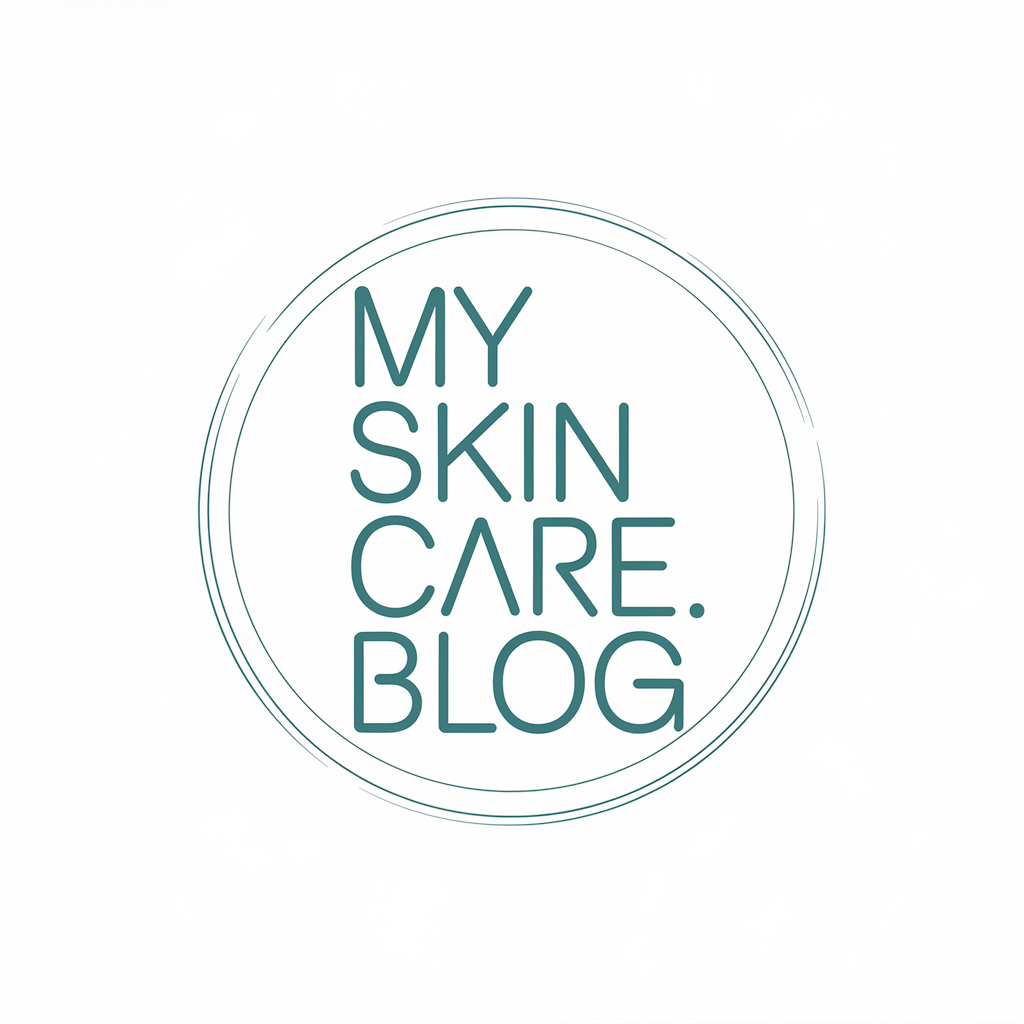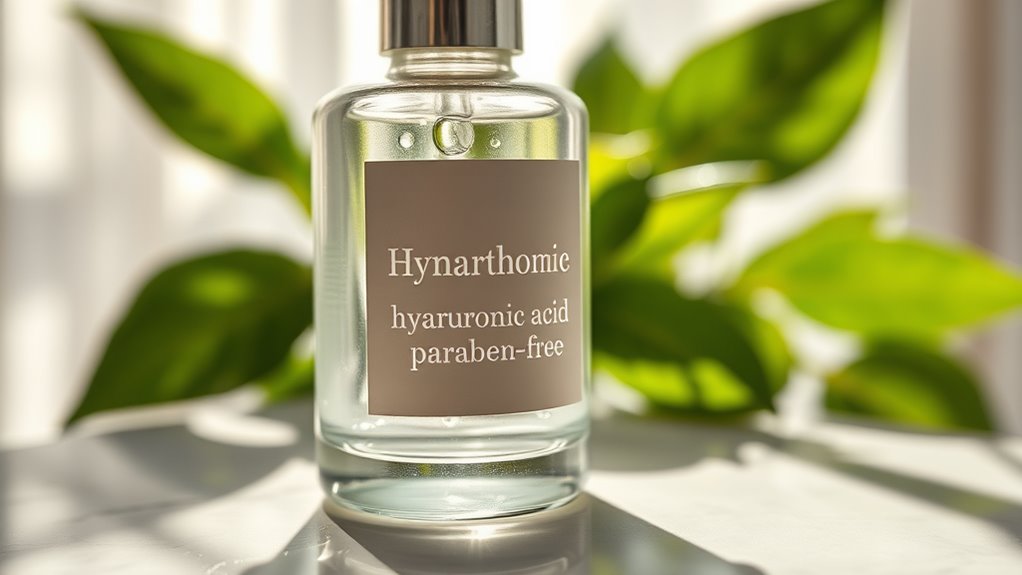The Skincare Label Terms That Actually Matter
Understanding skincare label terms helps you make informed choices. Key ingredients like retinol and hyaluronic acid deliver real results, while non-comedogenic products won’t clog your pores. If you have sensitive skin, opt for fragrance-free items to avoid irritation. Hypoallergenic suggests a lower allergy risk, though check ingredients. Know that “organic” follows USDA guidelines, while “natural” can vary. These terms matter for your skin’s health and beauty. Discover more tips for choosing the right products!
Understanding Active Ingredients
When you dive into skincare products, understanding active ingredients is crucial because they’re the components that deliver real results.
Skincare label decoding helps you recognize these ingredients, like retinol or hyaluronic acid, that can transform your routine.
By knowing what to look for, you’ll make informed choices that effectively target your skin concerns, ultimately leading to a healthier complexion.
Trust your knowledge!
The Significance of Non-Comedogenic
Have you ever wondered why the term “non-comedogenic” is often splashed across skincare labels?
It means the product won’t clog your pores, reducing the risk of breakouts. This is crucial for those with oily or acne-prone skin.
Decoding Fragrance-Free vs. Unscented
Understanding the difference between “fragrance-free” and “unscented” can significantly impact your skincare choices, especially if you have sensitive skin. “Fragrance-free” means no additional fragrances are added, while “unscented” may still contain masking fragrances that can irritate your skin. Here’s a quick comparison:
| Term | Meaning | Ideal For |
|---|---|---|
| Fragrance-Free | No added fragrances | Sensitive skin |
| Unscented | May mask scent with other ingredients | General use |
| Allergens | No known allergens | Allergy sufferers |
| Perception | Neutral scent, might still have a smell | Those preferring minimal fragrance |
| Effectiveness | Often takes skin type and reactions into account | Personalized care |
What Does Hypoallergenic Really Mean?
Although many products claim to be “hypoallergenic,” the term can be misleading and lacks a strict definition.
Essentially, it suggests a lower likelihood of causing allergic reactions, but there’s no regulatory standard for its use. This means products can still contain potential allergens.
Always check ingredient lists and consider patch testing to ensure your skin stays irritation-free, regardless of the label’s claims.
The Difference Between Organic and Natural
While both “organic” and “natural” are often used in skincare marketing, they represent distinct concepts that can impact your purchasing decisions.
Organic products must meet strict USDA regulations, ensuring they’re free from synthetic fertilizers and pesticides.
In contrast, “natural” lacks a formal definition, leading to varied interpretations.
Understanding these differences helps you make informed choices about what goes on your skin.
Interpreting SPF and Broad-Spectrum Protection
When it comes to protecting your skin, interpreting SPF (Sun Protection Factor) and broad-spectrum protection can make all the difference.
SPF measures how well a sunscreen protects you from UVB rays, which cause sunburn.
Look for products labeled “broad-spectrum” to ensure you’re shielded from both UVA and UVB rays, reducing skin cancer risks and premature aging.
Don’t skip this essential step!





